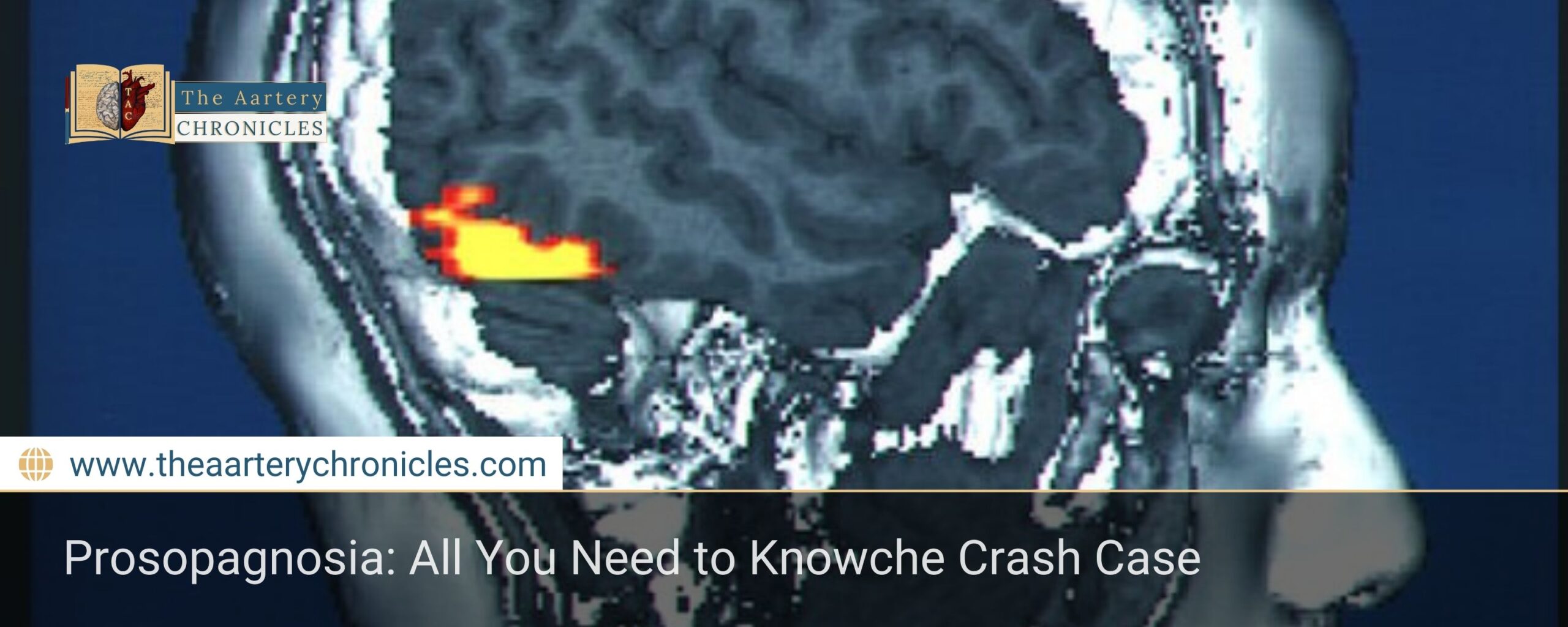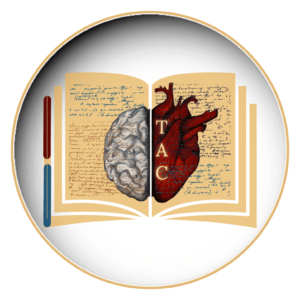

Prosopagnosia: All You Need to Know
Introduction
Prosopagnosia, commonly known as “face blindness,” is a neurological condition that affects the ability to recognize faces. This disorder can range from mild to severe and can significantly impact the daily lives of those who suffer from it. Although prosopagnosia is often congenital, it can also be acquired as a result of brain injury or neurodegenerative disease. In this interesting and informative article from, we will discuss the symptoms of prosopagnosia.
Symptoms Of Prosopagnosia
Prosopagnosia manifests itself through a series of symptoms that can vary depending on the severity of the condition. Some of the most symptoms of Prosopagnosia are given below:
1. Difficulty Recognizing Familiar Faces
One of the most obvious symptoms of prosopagnosia is difficulty recognizing faces, even those of familiar people such as friends, relatives, or co-workers. This can lead to embarrassing situations, as the person may not recognize a recent acquaintance.
2. Inability To Differentiate Faces
People with prosopagnosia may have difficulty distinguishing between similar faces. For example, they may confuse two people who have similar facial features, even though they don’t look very similar to someone who doesn’t have the condition.
3. Difficulty In Recognizing Oneself
Another surprising symptom is difficulty recognizing one’s own face in the mirror or in photographs. This characteristic can be particularly disorienting for those who suffer from prosopagnosia.
4. Use Of Compensatory Strategies
Many people with prosopagnosia develop alternative strategies to recognize others. They may focus on distinguishing features such as voice, clothing, or unique characteristics such as a scar or a particular haircut.
5. Difficulties In Social Contexts
Because of the difficulty in recognizing faces, people with prosopagnosia may avoid social situations, for fear of not being able to correctly identify people. This can lead to social isolation and anxiety.
Associated Symptoms And Related Conditions
In addition to the main symptoms, prosopagnosia may be associated with other neurological and psychological conditions:
1. Visual Agnosia
Prosopagnosia is often considered a form of visual agnosia, a condition in which a person has difficulty recognizing objects or people through sight, while maintaining intact other sensory abilities.
2. Visual Memory Problems
Some people with prosopagnosia may have difficulty memorizing visual images, such as places or objects. This can further complicate their ability to navigate familiar environments or remember where they saw something.
3. Neurodegenerative Conditions
In some cases, prosopagnosia may be associated with neurodegenerative conditions such as Alzheimer’s disease or frontotemporal dementia. These diseases can cause a progressive deterioration of cognitive abilities, including the ability to recognize faces.
4. Emotional Difficulties
The frustration of not being able to recognize faces can lead to emotional problems, such as anxiety, depression, or low self-esteem. These psychological symptoms can worsen over time, especially if the condition is not recognized and treated properly.
Diagnosis Of Prosopagnosia
Diagnosing prosopagnosia can be difficult, as many people are unaware of their condition. However, there are specific tests that can help neurologists and neuropsychologists identify the disorder:
1. Face Recognition Test
One of the most common tests is the Benton Face Recognition Test, which assesses the patient’s ability to recognize and remember different faces.
2. Clinical Interviews
Interviews with a neuropsychologist can help determine whether the person has specific difficulties with face recognition versus other cognitive abilities.
3. Neuroimaging Tests
In some cases, neuroimaging tests, such as MRI, may be used to identify any structural abnormalities in the brain that may be associated with prosopagnosia.
Treatments And Management Strategies
Currently, there is no definitive cure for prosopagnosia, but there are several strategies that can help people better manage their condition:
1. Cognitive Behavioral Therapy (CBT): CBT may be useful in helping people develop coping strategies and reduce the anxiety associated with prosopagnosia.
2. Alternative Identification Techniques: As mentioned above, many people develop alternative techniques to recognize others. The use of these techniques can be improved with the help of a trained therapist.
3. Social Support: Support from friends, family, and colleagues is essential to help people with prosopagnosia feel understood and less isolated. Being open about your condition can facilitate social interaction.
Conclusion
Prosopagnosia is a complex condition that can profoundly impact the daily lives of those who suffer from it. Although there is no cure, awareness of the symptoms and the adoption of compensatory strategies can help improve the quality of life. It is essential that those who suspect they have prosopagnosia seek a professional diagnosis to access the support and resources they need.
Frequently Asked Questions (FAQs)
- Who is affected by prosopagnosia?
Prosopagnosia can affect people of all ages , but is often diagnosed in adulthood. Tip: If you suspect you have this condition, consult a medical specialist. - What causes prosopagnosia?
Prosopagnosia can be congenital or acquired following brain trauma or neurodegenerative diseases. Tip: Identifying the cause can help in managing the disorder. - When do the symptoms of prosopagnosia appear?
Symptoms may be present from birth or may appear after a neurological event. Tip: Paying attention to early signs can facilitate early diagnosis. - How is prosopagnosia diagnosed?
- Through specific tests and clinical interviews, often supported by neuroimaging tests. Tip: Early diagnosis is crucial to develop effective management strategies.
- Where can you get help for prosopagnosia?
You can contact neurologists, neuropsychologists and centers specialized in cognitive disorders. Tip: Look for specialized centers for an accurate evaluation. - Why is it important to recognize prosopagnosia?
Recognizing the condition can prevent emotional and social problems, improving the quality of life. Tip: Talk openly about your condition to get social support.









